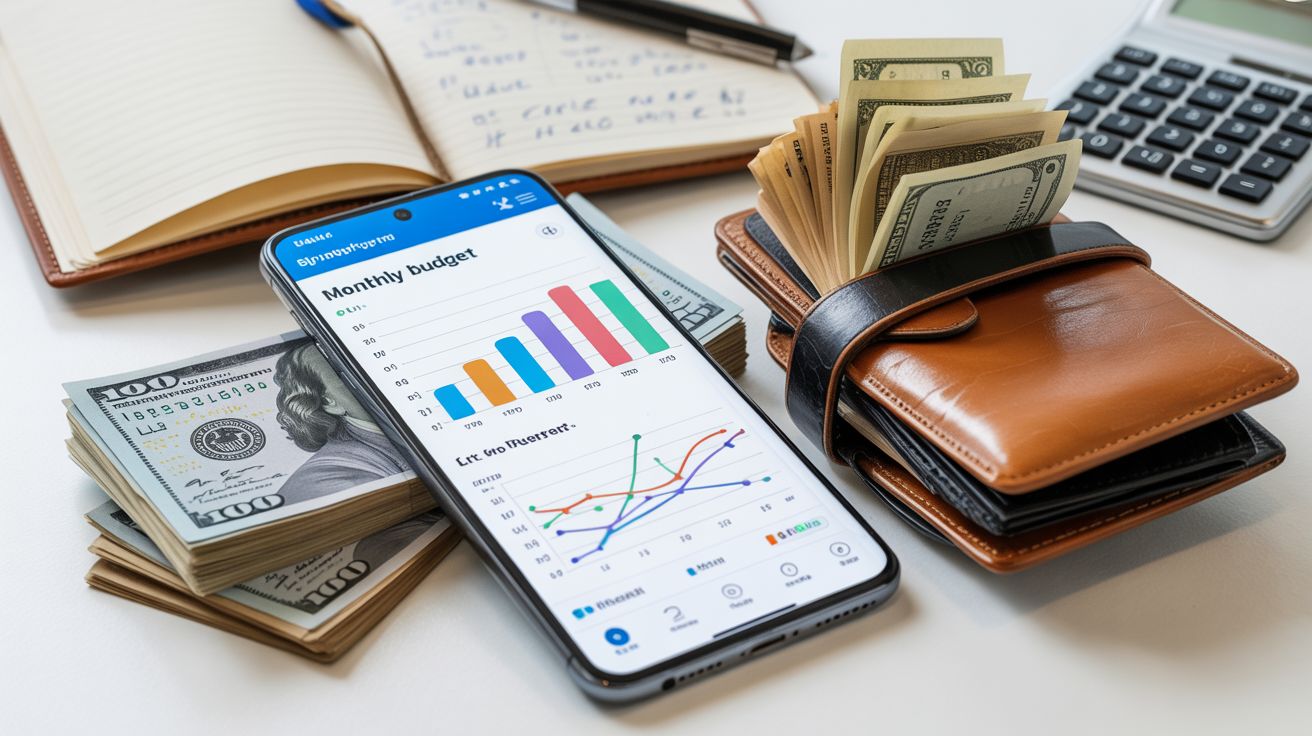
The Myth of the Poor Teacher
Let’s face it, the stereotype of the perpetually broke teacher is pervasive. We see it in movies, hear it in jokes, and maybe even feel it ourselves sometimes. But what if I told you that this narrative is a myth? What if I showed you how teachers, armed with dedication and smart financial strategies, are building wealth and achieving financial freedom? It’s not about winning the lottery; it’s about consistent effort and making informed decisions.
This isn’t some get-rich-quick scheme. It’s a roadmap built on real stories, real numbers, and actionable advice. We’ll explore how teachers are leveraging their salaries, often considered modest, to create a future of financial security and even, dare I say, wealth. Forget the image of the struggling educator; we’re about to rewrite the script.
Mastering the Art of Budgeting
The foundation of any successful financial plan, especially on a teacher’s salary, is a solid budget. This isn’t about deprivation; it’s about awareness. Knowing where your money goes each month is the first step towards controlling it. There are countless budgeting apps and methods available, from the envelope system to sophisticated software. Find one that works for you and commit to tracking your income and expenses.
Consider the 50/30/20 rule: 50% of your income goes to needs (housing, food, transportation), 30% to wants (entertainment, dining out), and 20% to savings and debt repayment. Adjust these percentages based on your individual circumstances, but the principle remains the same: prioritize saving and debt reduction. Small changes, like packing your lunch or brewing your own coffee, can add up to significant savings over time.
Taming the Beast: Understanding and Managing Loans
Many teachers enter the profession with student loan debt, a significant hurdle to overcome. Understanding your loan terms, interest rates, and repayment options is crucial. Explore options like income-driven repayment plans, which can lower your monthly payments based on your income and family size. Public Service Loan Forgiveness (PSLF) is another potential avenue for debt relief, offering forgiveness after 10 years of qualifying employment and payments.
Beyond student loans, be mindful of other forms of debt, such as credit cards and personal loans. High-interest debt can quickly derail your financial progress. Prioritize paying off high-interest debt as quickly as possible. Consider consolidating debt or transferring balances to lower-interest cards. The less you pay in interest, the more money you have available to save and invest.
The Power of Strategic Investment
Investing is the engine that drives wealth creation. Don’t let the complexities of the stock market intimidate you. Start small, invest consistently, and focus on the long term. Take advantage of employer-sponsored retirement plans, such as 403(b)s, and contribute enough to receive the full employer match. This is essentially free money that can significantly boost your retirement savings.
Consider diversifying your investments across different asset classes, such as stocks, bonds, and real estate. Index funds and ETFs (exchange-traded funds) offer a low-cost way to achieve diversification. Consult with a financial advisor to create an investment strategy that aligns with your risk tolerance and financial goals. Remember, time is your greatest asset when it comes to investing. The earlier you start, the more time your money has to grow.
Side Hustles: Boosting Your Income Potential
While budgeting and investing are essential, increasing your income can accelerate your wealth-building journey. Many teachers supplement their salaries with side hustles that leverage their skills and passions. Tutoring, online teaching, curriculum development, and freelance writing are just a few examples. The possibilities are endless.
Consider turning your hobbies into income streams. Do you enjoy photography? Offer photography services for local events. Are you a skilled musician? Give music lessons. The key is to find something you enjoy doing and that provides value to others. Even a few hundred dollars of extra income each month can make a significant difference in your savings and investment goals.
Protecting Your Assets: The Importance of Insurance
Insurance is a critical component of financial security. It protects you from unexpected events that could wipe out your savings. Make sure you have adequate health insurance, life insurance, and disability insurance. Consider umbrella insurance for additional liability coverage. Shop around for the best rates and coverage options.
Don’t overlook the importance of protecting your home and belongings with homeowners or renters insurance. Review your insurance policies annually to ensure they still meet your needs. While insurance may seem like an expense, it’s an investment in your financial well-being. It provides peace of mind and protects you from potentially devastating financial losses.
Real Teachers, Real Results: Inspiring Success Stories
Let’s look at some real-life examples. Sarah, a high school English teacher, started investing in her 403(b) at age 25 and consistently increased her contributions over time. She also started a tutoring side hustle, using the extra income to pay off her student loans and invest in a Roth IRA. By age 45, she had accumulated a substantial retirement nest egg and was on track to retire comfortably.
Then there’s David, an elementary school teacher who used his summers to renovate properties and rent them out. He started with a small duplex and gradually expanded his real estate portfolio. His rental income provided a steady stream of passive income, allowing him to accelerate his debt repayment and build wealth. These are just two examples of how teachers are achieving financial success through smart planning and consistent effort. Their stories prove that it’s possible to get rich on a teacher’s salary.
Your Journey to Financial Freedom Starts Now
Getting rich on a teacher’s salary isn’t a pipe dream. It’s a realistic goal that can be achieved through disciplined budgeting, strategic investment, and a commitment to financial literacy. It requires patience, perseverance, and a willingness to learn. But the rewards are well worth the effort: financial security, peace of mind, and the freedom to pursue your passions.
So, where do you start? Begin by creating a budget, assessing your debt, and exploring investment options. Take advantage of resources available to teachers, such as financial planning workshops and retirement seminars. Don’t be afraid to seek professional advice. The journey to financial freedom is a marathon, not a sprint. But with each step you take, you’ll be closer to achieving your goals. Start today, and you’ll be amazed at what you can accomplish.


